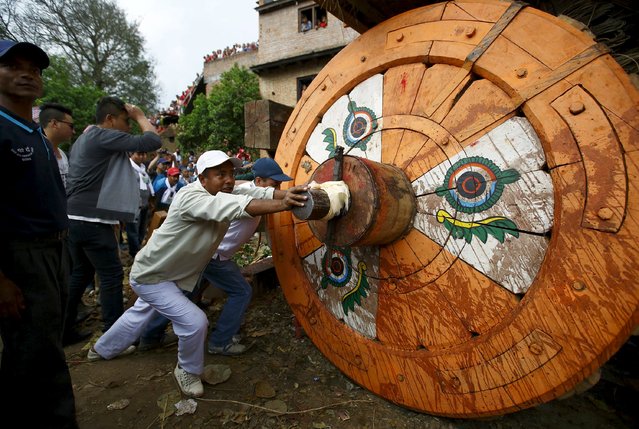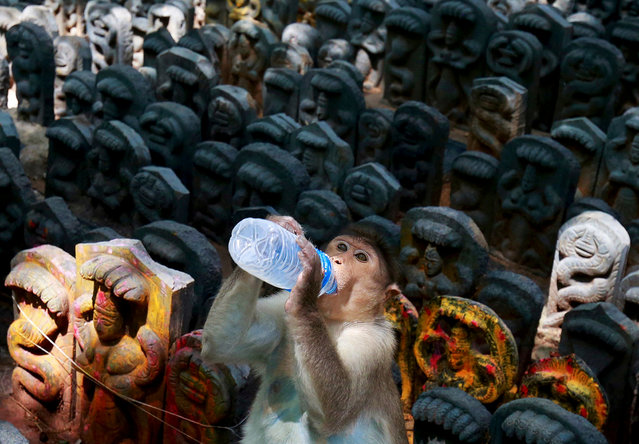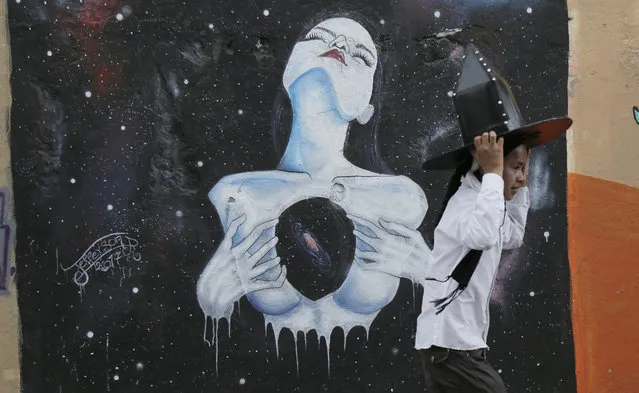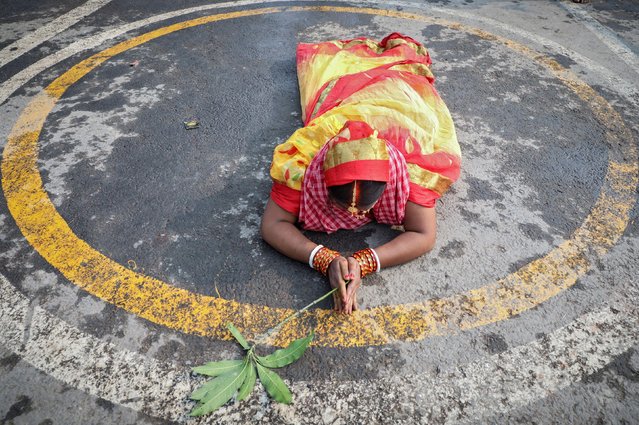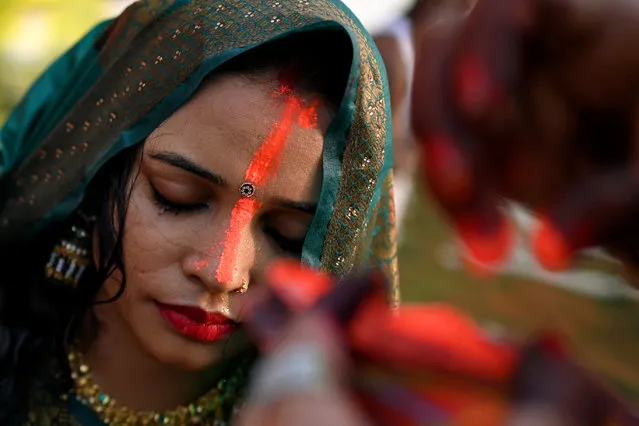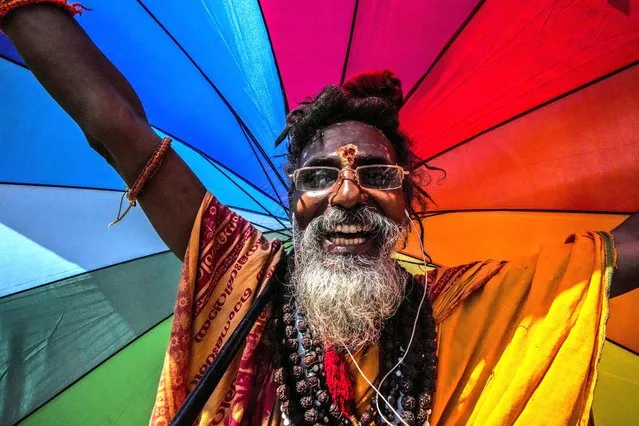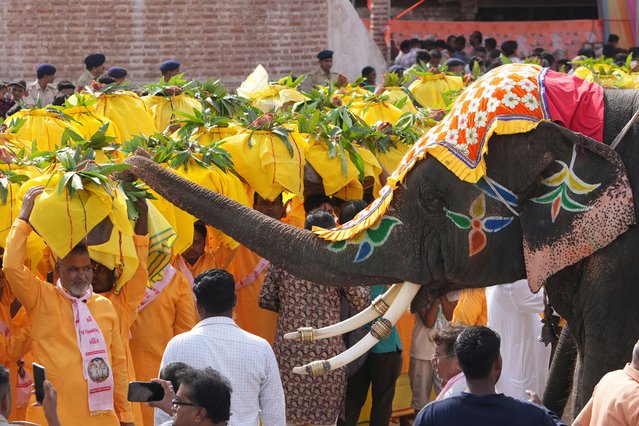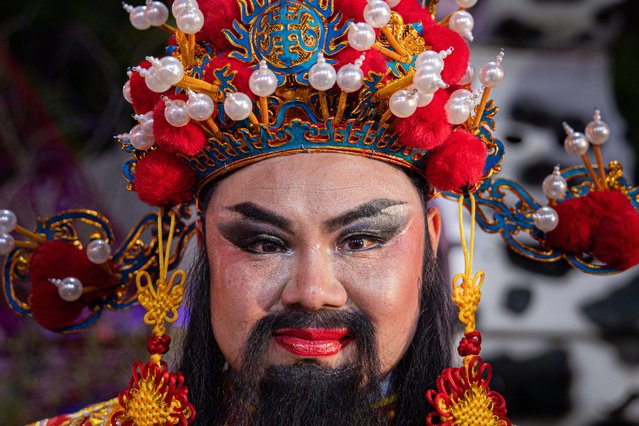
God of Wealth arrives at the Lunar New Year celebration at Thean Hou Temple on February 10, 2024, in Kuala Lumpur, Malaysia. Chinese New Year in Malaysia is marked by family gatherings, festive adornments and traditional rituals embodying a spirit of hope and renewal for the year ahead, and aims to bring joy and prosperity to all while fostering a sense of unity and hope for a successful Year of the Dragon. (Photo by Annice Lyn/Getty Images)
18 May 2024 00:19:00,post received
0 comments

